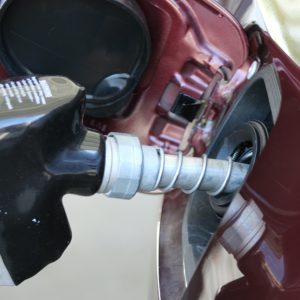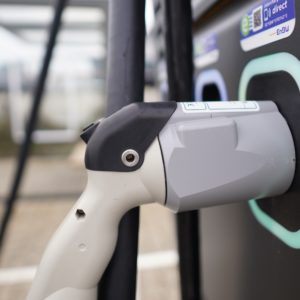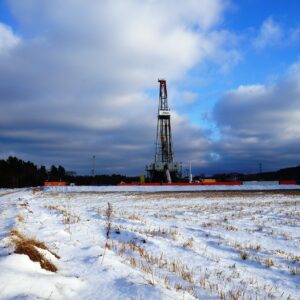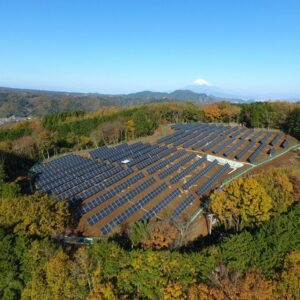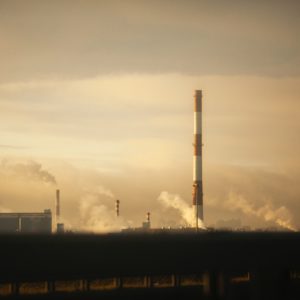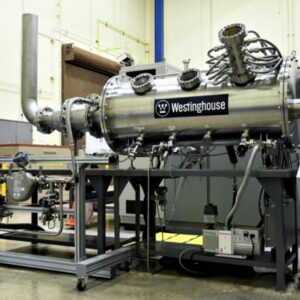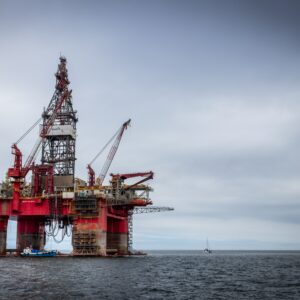"Restoring peatland can reduce the risk of catastrophic wildfires that in the past have fed on the parched peat and burned for months on end, sending greenhouse gases and other pollution into the air, scientists say. It can safeguard habitat for black bears, migratory birds and other animals that call these wetlands home. Healthy peat can improve local water quality and help mitigate flooding."
Export Ban Would Mean Higher Gas Prices for Americans
"If the U.S. bans refined-product exports, countries in the Americas likely would replace many of those lost barrels with Russian products or Indian products derived from Russian crude. Either way, the U.S. would lose geopolitical influence in its own global backyard and likely cede it, at least in part, to Russia."
It is Time to Revoke China’s Free Environmental Pass
No matter how much the United States reduces its emissions, no progress will be made if one nation is allowed to emit more than entire continents combined.
Market Solutions Come for Elk Population Management
The Property and Environment Research Center (PERC) has launched the Paradise Valley Brucellosis Compensation Fund, a new tool designed to support ranchers in Montana who own prime elk habitat.
Diesel Giant Cummins Has A $13 Billion Cleantech Goal—Starting With A New Name
"Cummins is folding its existing clean power products unit into Accelera after pouring $900 million into R&D and acquisitions, including the recent purchase of truck parts maker Meritor, to build up the business. Cummins CEO and president Jennifer Rumsey wants rapid growth for the unit driven by demand for non-polluting trucks—and generous new federal incentives for low- and no-carbon hydrogen production."
ConocoPhillips CEO Doubles Down on Alaska Oil as Competitors Leave Arctic
"Willow has earned ConocoPhillips scorn from environmental groups, who say the project will emit climate-warming greenhouse gases for decades. But it has found support among some Alaska Natives’ associations, local politicians and the Alaska delegation in Congress. Proponents say that Willow could generate local, state and federal revenue of up to $17 billion and create more than 2,000 construction jobs and 300 permanent jobs."
The Age of Energy Insecurity
"There is no reason to despair just yet. After all, the oil crisis of the 1970s sparked a great deal of innovation, including the development of today’s wind and solar technologies, greater efficiency in vehicles, and new government and multilateral institutions to make and coordinate energy policy. The policies and technologies that now seem old and outdated were once shiny and new. Today’s crisis may likewise lead to novel ideas and techniques, as long as policymakers fully grasp the new realities they face."
Exxon Mobil Says It Can Make Money Decarbonizing Steel
"Carbon-capture technology can gather carbon dioxide from smokestacks or other industrial equipment, compress and liquefy it, and then pipe it to underground storage locations. This project, expected to start in 2026, would capture about 800,000 metric tons of carbon a year from producing iron used in steel, and bring Exxon’s (XOM) total project pipeline to more than 5 million tons a year."
Meet Ten of the Next Five Successful Advanced Reactors
Matthew L. Wald writes in The Breakthrough Institute about emerging advanced nuclear reactors. “At the moment, the new reactors with the shortest path to commercial deployment look to be light-water reactors: they use fuel that is already commercially produced and most of their various components are already in production. Of the new light-water reactors, the...
Crossing the Climate Chasm Through the Gulf of Mexico
Crossing the climate chasm requires cleaner energy now. The Gulf of Mexico’s energy resources are on the right path.

